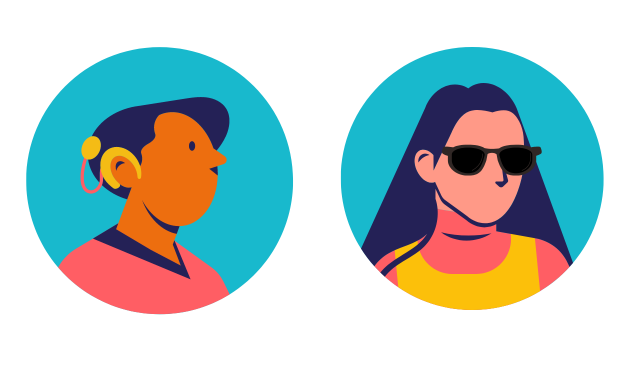Every year, on May 5, we celebrate in the EU the Day against Disability Discrimination and the Day of Tolerance, Human Rights, and European Integration. The value of each human being needs to be stressed every day, irrespective of his or her characteristics. The Toruń Musical Theatre applies that rule by being accessible for people with sensory disabilities.
What is a sensory disability?
The term sensory disability refers to a partial or full disability of the base senses — hearing, sight, touch, and smell. People who are hearing impaired, visually impaired, or deafblind qualify as having a sensory disability. It has to be stated that, although people with disabilities have a different way of learning about the world, they do not differ from people without any disabilities. Like everybody else, they want to have access to the arts, culture, and science.
Solutions employed by the facilities in Toruń
The Kujawsko-Pomorski Musical Theatre in Toruń has been organizing spectacles adjusted for people with sensory disabilities. The hall is outfitted with an induction loop, which is a system for enhancing the sound for people with hearing aids. It serves as a „middleman” that connects the hearing aid with the microphones.
Not only is the hall outfitted with facilities for people with disabilities, but the theatre also organizes spectacles with audio descriptions of the whole event for people with impaired sight. Moreover, people with hearing disabilities are provided with spectacles with subtitles in Polish, where the viewers can read both the quotes from the characters and the information about the music and sound effects. Check: Repertuar of the Kujawsko-Pomorski Musical Theatre in Toruń.
Jordanki Culture and Congress Centre also takes people with impaired eyesight into consideration by taking part in a project To see music. Jordanki Center is outfitted with leading lines that can be utilized by people with canes to traverse the building. Additionally, the center’s representatives inform people on social media that the employees are trained to work with people with disabilities. They also announced that their website is to be adapted for people with sensory disabilities. Moreover, the orchestra that cooperates with Jordanki Center is in the process of preparing catalogs informing about their activities in braille and with a bigger font.
It is worth remembering!
People with disabilities, just like people without them, should be provided with access to culture. The solutions proposed by the facilities in Toruń are but a part of meeting the needs of people with sensory disabilities.
Original article by Dominika Czaja

